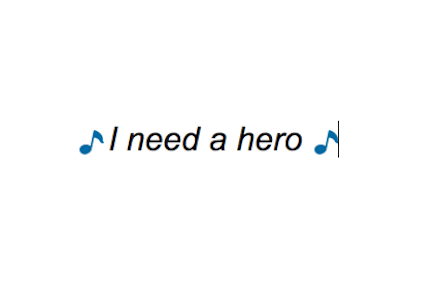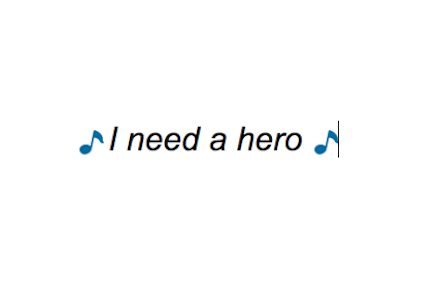Advertisement

If scrolling through social media makes your brain feel fuzzy, you’re not alone.
Social media sites are designed to show us exchanges between our friends that don’t involve us—exchanges we might not see if social media didn’t exist. As we scroll through our feeds, we’re often privy to conversations between our friends, photos of them hanging out together, and even inside jokes. These observations can cause feelings of social exclusion and isolation, and according to a new study from the Social Science Computer Review, that isolation might actually be messing with our ability to think rationally.
Researchers at the University at Buffalo showed tailored social feeds to 194 people to test the effects of social media exclusion on the human mind. Half of the participants viewed a scenario that involved two of their close friends, one of whom had just shared information on Facebook that excluded the participant entirely. The other half of participants saw a feed of posts with no exclusionary interactions whatsoever. Predictably, participants in the social exclusion group experienced greater negative emotions than those in the control group. But those socially slighted folks also experienced what the researchers called “inhibited intelligent thought,” which made them more susceptible to stimuli like advertising.
Why would intelligence be limited by feeling left out? Forming relationships and belonging to groups are two fundamental motivations of human behavior, so most of us devote a lot of our energy toward fitting in. Some scientists theorize that humans have evolved to automatically respond to anything that makes us feel excluded in order to minimize our chances of being rejected. After all, in early societies, social rejection could mean the difference between access to resources (like food and shelter) and being left out to die. Today, that means fitting in is very important to human beings on an intuitive level—so when we feel like we don’t fit in, negative feelings typically skyrocket. Past research has found this kind of rejection can lead to psychological consequences like anger1, emotional numbness, and heightened anxiety.
That's when the brain’s self-regulation functions kick into overdrive to make us feel better, says Michael Stefanone, Ph.D., a University at Buffalo communications professor and the study’s co-author. It's this redistribution of mental energy that can actually inhibit your intelligent thoughts temporarily. In other words, when you’re mindlessly scrolling through Instagram posts, your brain is so occupied with combating the effects of perceived exclusion that it can no longer process thought in an intelligent way.
"If users are busy self-regulating because of what they read on Facebook, there's evidence that doing so reduces a level of intelligent thought, which can make them more open to persuasive messaging,” Dr. Stefanone said in a press release. "Given Facebook's annual ad revenue, I think it's a conversation worth having, that regular, benign and common use of this platform can lead to short-term inhibition of intelligent thought."
As we're well aware by now, doing regular tech detoxes can immensely relieve stress and refresh our relationships. But when using social media seems to be a necessary evil for most of us, what can we do to combat feelings of being left out and make sure we’re still making rational decisions?
One additional finding from the study offers us a clue: People who were more aware of the effects of social media were better able to manage these emotions and move through them more quickly. This reinforces just how important it is to have a mindful relationship with our digital networks. Even just being more intentional and structured about our time on these platforms can go a long way: Try implementing timers and setting goals for what you want to get out of your social media use, and always keep in the subconscious ways scrolling through your feeds might affect you as you're doing it.
And if you’re feeling left out watching your friends have a great time online, just remember: Social exclusion online is typically unintentional, not malicious. Our friends aren’t usually trying to make us feel bad; they’re often just trying to share their joys and experiences. If we remember that these behaviors are accidental, we may be less likely to take personal offense to them.
Watch Next
Enjoy some of our favorite clips from classes
Enjoy some of our favorite clips from classes
What Is Meditation?
Mindfulness/Spirituality | Light Watkins
Box Breathing
Mindfulness/Spirituality | Gwen Dittmar
What Breathwork Can Address
Mindfulness/Spirituality | Gwen Dittmar
The 8 Limbs of Yoga - What is Asana?
Yoga | Caley Alyssa
Two Standing Postures to Open Up Tight Hips
Yoga | Caley Alyssa
How Plants Can Optimize Athletic Performance
Nutrition | Rich Roll
What to Eat Before a Workout
Nutrition | Rich Roll
How Ayurveda Helps Us Navigate Modern Life
Nutrition | Sahara Rose
Messages About Love & Relationships
Love & Relationships | Esther Perel
Love Languages
Love & Relationships | Esther Perel












